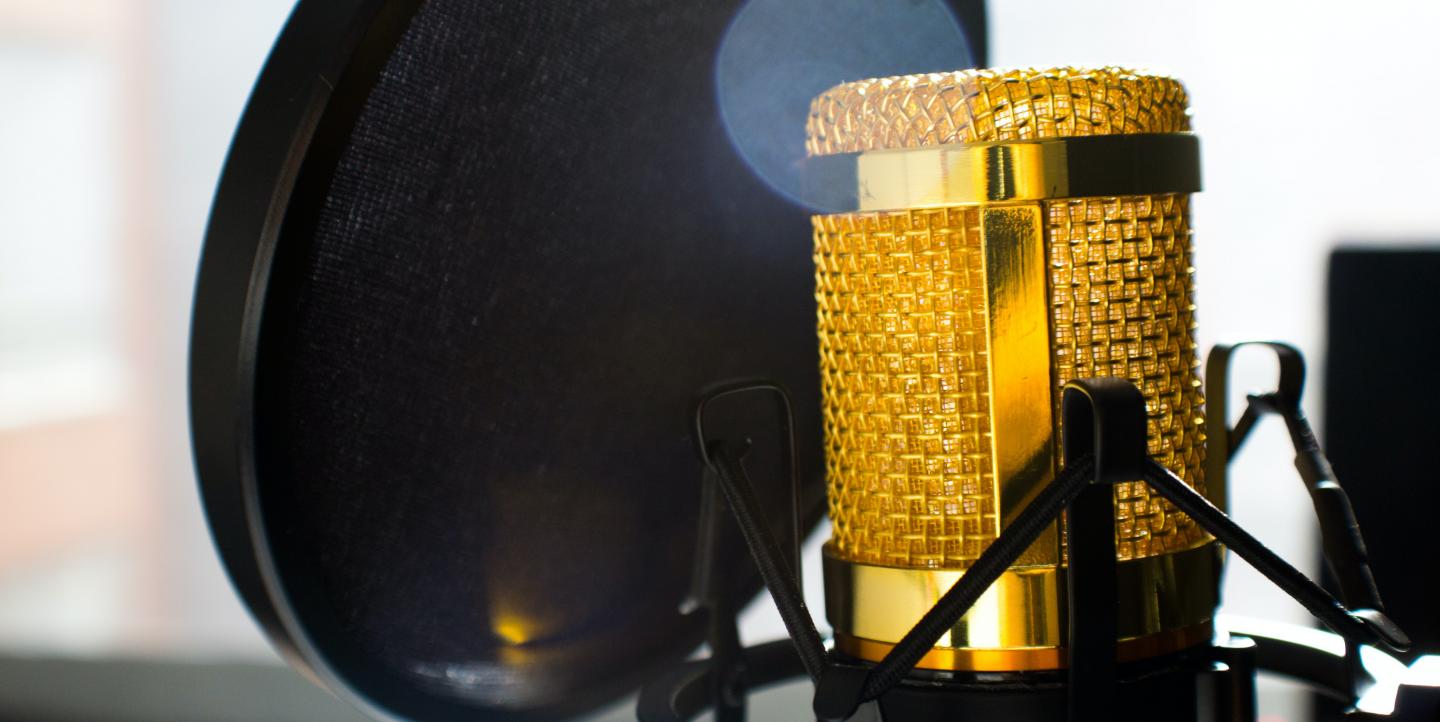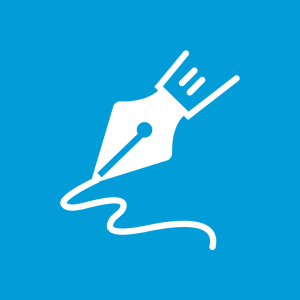The podcast industry has experienced incredible growth worldwide in recent years. According to the annual Edison Research survey released in March, around 176 million people in the U.S. are weekly online audio listeners, an all-time high.
With thousands of shows being released every year, creators can be tempted to start their own. Many, however, feel intimidated or discouraged by the thought of spending huge amounts of money on a project they have no guarantee will take off.
The truth is that you don’t actually need to invest a lot of money to create your own show. Potentially, you could start a podcast without spending a single penny.
Below, a few podcasters who have launched their own shows from home share their advice on how to create a podcast on a limited budget.
Do your research
“When we first started our podcast, we were pretty clueless,” said Ronaldo Castro-Patrick, co-host of Straight Outta Uni, a podcast about youth culture and life after university.
For him, research constitutes a fundamental step in creating a podcast. In fact, podcasting has become much more accessible thanks to a wealth of free online resources that can help you learn the tricks of the trade. “I use a lot of forums just to see people's actual opinions on editing software and podcast hosting platforms,” he said. “Using forums and Reddit definitely helped me a lot.”
In addition to online communities, there are also plenty of master classes and websites guiding you through the art of podcasting. “And if you know somebody that has their own podcast,” Castro-Patrick added, “just ask for advice. A lot of creatives want to help other creatives in one way or another.”
Misha Nelson, author of the Archway Heavens podcast, agrees, adding that your family and friends can be of help, too. “Once I came up with the concept for my podcast, I then started talking to friends and family about it to test my idea and get feedback,” she said. “This helps you grow your first audience before the podcast is even out.”
[Read more: Mistakes to avoid when creating a podcast]
You don’t need expensive equipment
The idea of starting a podcast can be daunting. We often associate podcasting with broadcasting and, as a consequence, with expensive equipment, such as soundproof studios and professional microphones.
Nowadays, however, technology allows us to produce content on a very small budget, if not for no cost at all. Nelson, for example, created Archway Heavens using only her smartphone and headphones. “I thought to myself: ‘I can do this without having to be at a cash loss before even starting,’” she said. “It’s actually still working for me.”
Still, not everyone enjoys working from their phone. Fortunately, you can work from your computer with a professional or semi-professional microphone for under $100. “When we first started off, we just bought a £15 mic to plug into a laptop,” Castro-Patrick said.
No matter the equipment, you can achieve a quality sounding podcast by being cognizant of your surroundings. Choose a quiet room with soft furnishings; you can record from your closet, for instance, or from under a setup of blankets and pillows.
[Read more: How freelancers can build independent revenue streams]
Take advantage of free hosting and editing software
“In terms of editing, we had a bit of experience because Sophia had worked with the university radio and I DJ on the side,” Castro-Patrick said. “I would personally suggest using Audacity. It’s free and quite easy to get a grasp of.”
He and co-host Sophia Karydis have been using Anchor to publish their podcast. Unlike other platforms such as Spreaker, Anchor allows podcasters to publish episodes for free and without any time limits.
Katie Williams, co-host of Northern Natter, a show for new and aspiring journalists, also uses the software. “Anchor is really easy to use. You just upload your episode and then the platform distributes it out to Spotify, Google Podcast, and you can also request for it to go out on Apple,” she said.
“The best thing about it is that you can even create little trailers for your podcast that you can use to promote it on social media,” she added.
You can use paid ads, but it’s not necessary
Imagine: you have planned, recorded, edited, and published your podcast. What now? How do you get people to actually listen to it? While paid ads can be a great – and relatively inexpensive – option to give you that initial boost of confidence as a self-starter, don’t feel you can’t grow your audience without them.
Beginners should “put [themselves] out there,” said Williams. “If you're engaging with your listeners, then the publicity should come.”
There are many ways to get the word out about your podcast. Northern Natter uses Twitter and Instagram as its primary platforms to promote their podcast, for example. “Go on other people's podcasts,” suggested Williams. “In that way, you're within a community and people will check out your show.”
Technology has greatly increased the accessibility of media. You don’t need to be wealthy to create and distribute unique content today. If your wallet is empty but you’re buzzing with ideas, start recording with what you have available and your audience will follow.
Iris Pase is a freelance journalist based in Glasgow.
Photo by Jean Balzan from Pexels.


